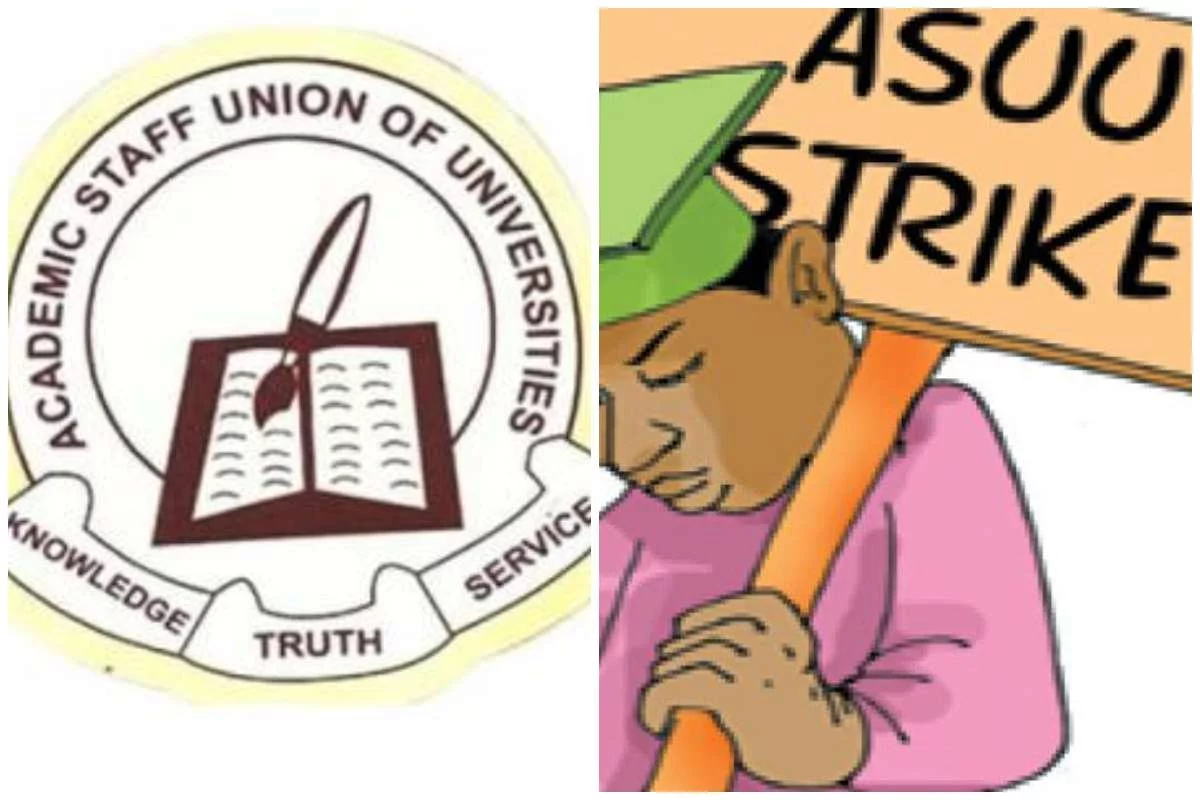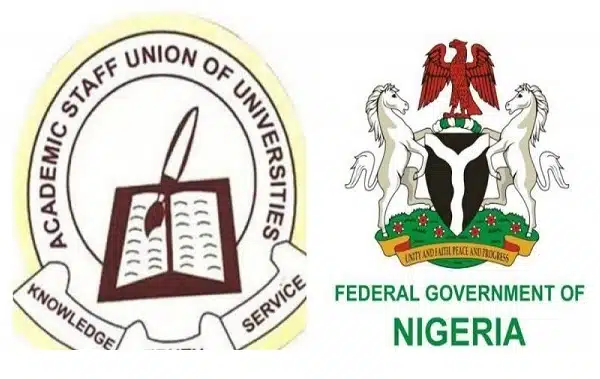The Academic Staff Union of Universities (ASUU), University of Jos (UniJos) chapter, has issued a strong warning to the Federal Government, insisting that it must honour all previously signed agreements or risk a fresh nationwide strike. The union emphasized that its members have exhausted patience after years of unfulfilled promises, neglect of university welfare systems, and worsening working and learning conditions across public tertiary institutions.
This development has stirred nationwide concern, as students, parents, and academic communities brace for the possibility of yet another disruption to Nigeria’s university academic calendar.
Background: A History of Unresolved Agreements
ASUU’s current warning is rooted in long-standing disputes tied to several government agreements and memoranda, including:
- The 2009 ASUU-FG Agreement
- The 2013 Memorandum of Understanding
- The 2017, 2020 and 2022 Memoranda of Action
These documents contained commitments on university funding, improved welfare for academic staff, revitalization of campus infrastructure, academic autonomy, and research development support. However, ASUU maintains that the government has consistently failed to implement critical parts of these agreements.
Key Issues Raised by ASUU UniJos
The UniJos chapter outlined major grievances, including:
1. Poor Funding of Public Universities
The union argues that Nigerian universities are deteriorating due to insufficient government investment. Lecture halls, laboratories, libraries, and accommodation facilities have become inadequate and outdated.
2. Delayed and Withheld Salaries
Many university lecturers continue to suffer unpaid or incomplete salaries as well as delayed promotion arrears. The union says this is both unfair and demoralizing.
3. Neglect of Retired Lecturers
ASUU highlighted that retired academics are living in hardship due to unpaid retirement benefits and poor pension support systems.
4. Threat to University Autonomy
The union maintains that excessive government interference in the administration of higher institutions undermines academic freedom and standards.
ASUU’s Warning to the Federal Government
The UniJos ASUU leadership stated clearly that the union is becoming increasingly frustrated:
“We are calling on the Federal Government to honour its own agreements. If these issues continue to be ignored, we will have no choice but to convene a national decision on strike action.”
According to them, a strike remains the union’s last resort, but it is prepared to act if necessary to defend the integrity and survival of the nation’s public university system.
Potential Impact of a New Strike
A renewed ASUU strike could have far-reaching consequences:
| Stakeholder | Likely Impact |
|---|---|
| Students | Academic activities disrupted; delayed graduation; increased emotional stress |
| Parents & Guardians | Extended financial responsibilities for prolonged education duration |
| Universities | Halted research, limited campus services, administrative delays |
| Economy | Reduced workforce development pipeline; stalled innovation and research output |
Nigeria has experienced several academic shutdowns over the past decade, with some lasting months. Another strike would worsen the already unstable university calendar.
Public Reactions
- Students are expressing anxiety and frustration, recalling previous strikes that disrupted their academic dreams and career plans.
- Parents and guardians are calling for dialogue and accountability, urging the government not to allow the situation to escalate.
- Education advocates warn that another strike could further erode global confidence in Nigeria’s tertiary education system.
What ASUU Wants Now
The union listed clear expectations, including:
- Immediate implementation of all pending agreement points.
- Payment of withheld salaries and promotion arrears.
- Improved welfare packages and pension support for retired lecturers.
- Increased and sustained funding for public universities.
- Respect for university autonomy and academic freedom.



